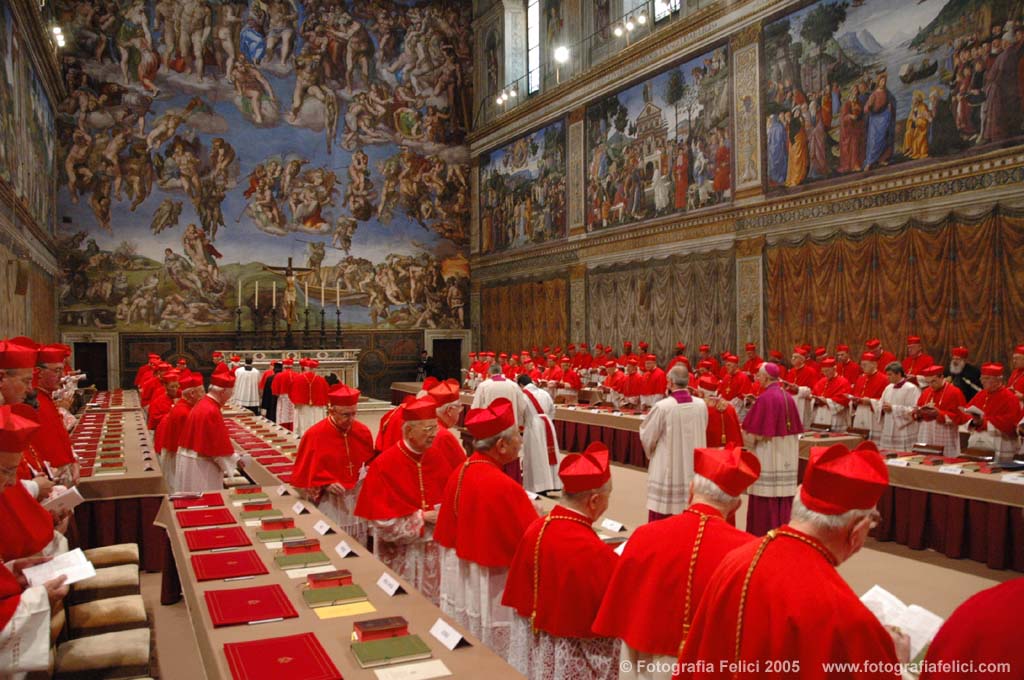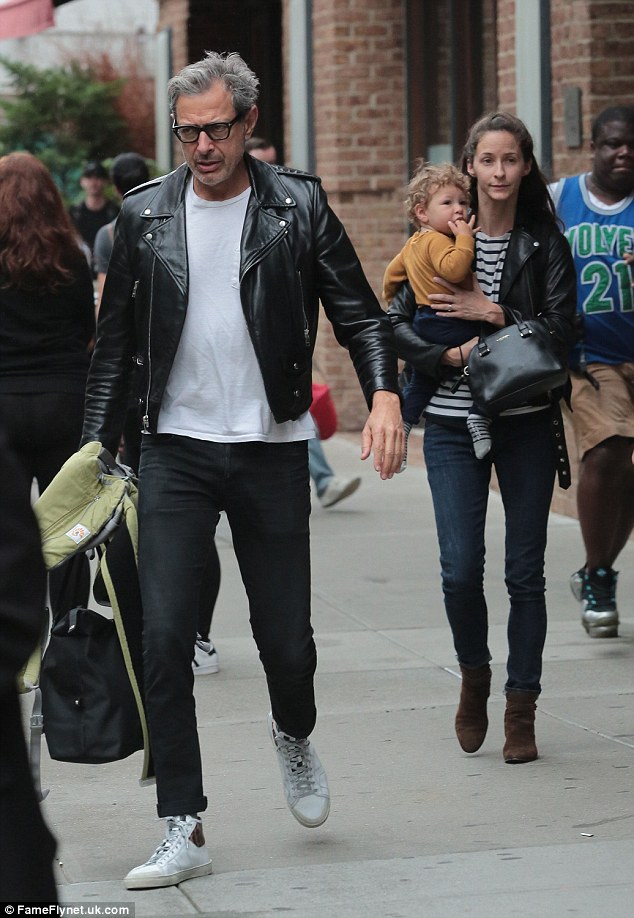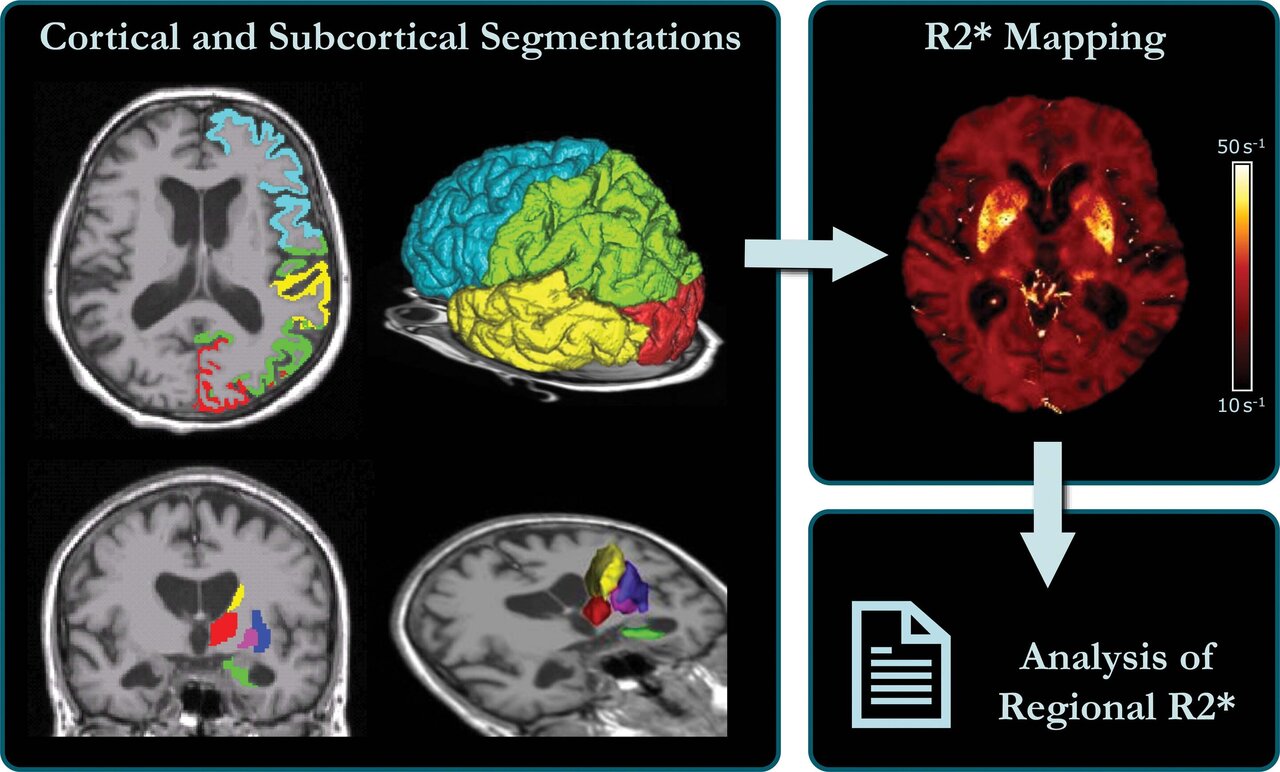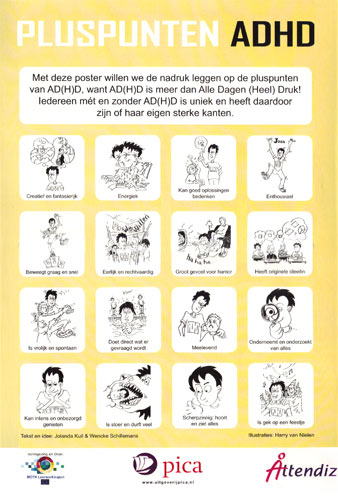Eligibility Of A Convicted Cardinal To Participate In The Papal Conclave

Table of Contents
Canon Law and the Eligibility of Cardinal Electors
This section delves into the specific canons of the Code of Canon Law that address the qualifications and disqualifications of cardinal electors. Understanding these legal frameworks is crucial to determining the eligibility of a cardinal with a criminal conviction.
-
Examination of Canon 84 concerning the requirements for cardinals to be eligible: Canon 84 outlines several requirements for cardinals, including age, episcopal ordination (for those who are not already bishops), and good standing within the Church. However, this canon doesn't explicitly address criminal convictions. The interpretation of these requirements in the context of a conviction is where the complexities arise.
-
Analysis of any canons that might address criminal convictions and their impact on eligibility: While no canon directly states that a criminal conviction automatically disqualifies a cardinal, the principle of "good standing" is a key element. The severity and nature of the crime would need to be considered in relation to this overarching principle.
-
Discussion of the interpretation of these canons by the Congregation for Bishops and other relevant Vatican bodies: The Congregation for Bishops, along with other relevant Vatican bodies, plays a critical role in interpreting canon law and advising the Pope on such matters. Their interpretations of these canons in specific cases have established precedents for future situations. Their guidance holds significant weight in determining eligibility.
Examples of past instances where the eligibility of cardinals was questioned due to allegations or convictions are crucial for understanding the application of these principles. However, due to the sensitive nature of such information and the confidentiality often maintained, publicly available examples are limited.
Types of Convictions and their Potential Impact
This section differentiates between various types of convictions, analyzing whether the nature of the crime influences eligibility for a Convicted Cardinal Papal Conclave Eligibility. The distinction is critical.
-
Discussion of the difference between criminal convictions in secular courts vs. convictions within the Church’s ecclesiastical courts: A conviction in a secular court carries different weight than a conviction within the Church's own judicial system. The specific nature of the legal system involved affects the interpretation and application of canon law.
-
Analysis of the severity of the crime and its potential to impact the cardinal's suitability to participate in the Conclave: The severity of the crime is a crucial factor. A minor offense might not pose the same level of concern as a serious crime involving moral turpitude. The context and potential impact on the cardinal's credibility and suitability for the Conclave are also crucial.
-
Examples of different types of crimes (e.g., financial crimes, crimes against persons) and their potential implications for eligibility: Financial crimes might raise questions about integrity and trustworthiness, while crimes against persons could raise profound moral concerns. The type of crime significantly influences the assessment of eligibility. Each case requires careful consideration of specific details.
Historical Precedents and Case Studies
This section reviews past instances where the eligibility of cardinals with criminal records or allegations has been debated or decided. These precedents offer valuable insight into how such situations have been handled historically.
-
Examination of specific historical examples, detailing the circumstances and the outcome: Unfortunately, detailed public records of such cases are often scarce due to the confidential nature of the proceedings. However, studying available historical accounts reveals how past Popes and the Church addressed such sensitive matters.
-
Analysis of how previous Popes and the Congregation for Bishops have handled similar situations: The approach taken by previous Popes and the Congregation for Bishops sets important precedents that inform the handling of future cases.
-
Discussion of the implications of these precedents for future cases: Understanding historical precedents is essential for interpreting and applying canon law in current and future situations concerning Convicted Cardinal Papal Conclave Eligibility. These precedents offer guidance but do not necessarily provide a rigid framework for all situations.
The Role of the Pope and the Congregation for Bishops
This section analyzes the role of the Pope and the Congregation for Bishops in determining the eligibility of cardinals. Their authority is central to the resolution of these complex cases.
-
Discussion of the Pope's ultimate authority in such matters: Ultimately, the Pope holds the final authority in deciding the eligibility of cardinals for the Conclave. His decision is binding.
-
Examination of the Congregation for Bishops' role in advising the Pope on matters of canon law: The Congregation for Bishops plays a crucial advisory role, providing legal and canonical expertise to the Pope. Their input is invaluable to the decision-making process.
-
Analysis of the process involved in determining eligibility in cases of doubt or ambiguity: When doubt or ambiguity arises, a careful examination of the relevant canon laws, historical precedents, and the specific circumstances of the case is required. The process often involves consultation with legal experts and consideration of all relevant factors.
Conclusion
The eligibility of a convicted cardinal to participate in the Papal Conclave remains a complex legal and ethical question governed by canon law and subject to the Pope's ultimate authority. While specific canons address the qualifications of cardinal electors, the interpretation and application of these canons in cases of criminal convictions require careful consideration of the nature of the crime and the broader context. Understanding the relevant canon law, historical precedents, and the roles of the Pope and the Congregation for Bishops is crucial in navigating this intricate area. Further research into the specific canons and their interpretations is recommended for a complete understanding of Convicted Cardinal Papal Conclave Eligibility. The ongoing evolution of canon law and the unique circumstances of each case make this a continuously evolving debate. The implications for the integrity of the Papal Conclave and the future direction of the Church are significant.

Featured Posts
-
 Jeff Goldblums Wife Emilie Livingstons Age Children And Their Story
Apr 29, 2025
Jeff Goldblums Wife Emilie Livingstons Age Children And Their Story
Apr 29, 2025 -
 The Enduring Legacy Of Italian Players In The Bundesliga Grifo Immobile Toni Barzagli And Rizzitelli
Apr 29, 2025
The Enduring Legacy Of Italian Players In The Bundesliga Grifo Immobile Toni Barzagli And Rizzitelli
Apr 29, 2025 -
 Capital Summertime Ball 2025 Getting Tickets From Braintree And Witham
Apr 29, 2025
Capital Summertime Ball 2025 Getting Tickets From Braintree And Witham
Apr 29, 2025 -
 Conquer Nyt Spelling Bee 360 Feb 26th Tips And Answers
Apr 29, 2025
Conquer Nyt Spelling Bee 360 Feb 26th Tips And Answers
Apr 29, 2025 -
 2025 Porsche Cayenne Interior And Exterior Photo Gallery
Apr 29, 2025
2025 Porsche Cayenne Interior And Exterior Photo Gallery
Apr 29, 2025
Latest Posts
-
 Levensverwachting Volwassenen Met Adhd Feiten En Fabels
Apr 29, 2025
Levensverwachting Volwassenen Met Adhd Feiten En Fabels
Apr 29, 2025 -
 Adhd Aging And Brain Iron Understanding Attention And Cognitive Decline
Apr 29, 2025
Adhd Aging And Brain Iron Understanding Attention And Cognitive Decline
Apr 29, 2025 -
 Adhd En Levensverwachting Klopt Het Dat Volwassenen Met Adhd Korter Leven
Apr 29, 2025
Adhd En Levensverwachting Klopt Het Dat Volwassenen Met Adhd Korter Leven
Apr 29, 2025 -
 Capital Summertime Ball 2025 How To Get Tickets From Harwich And Manningtree
Apr 29, 2025
Capital Summertime Ball 2025 How To Get Tickets From Harwich And Manningtree
Apr 29, 2025 -
 Your Complete Guide To Capital Summertime Ball 2025 Tickets Harwich And Manningtree
Apr 29, 2025
Your Complete Guide To Capital Summertime Ball 2025 Tickets Harwich And Manningtree
Apr 29, 2025
